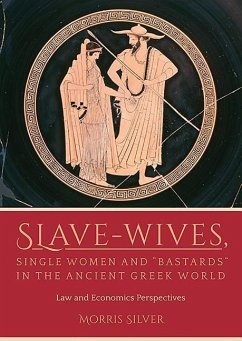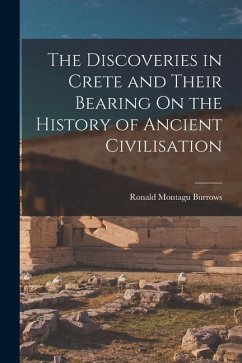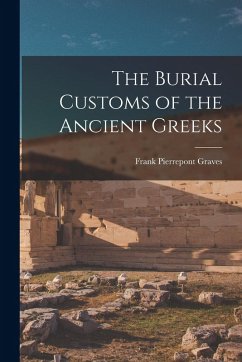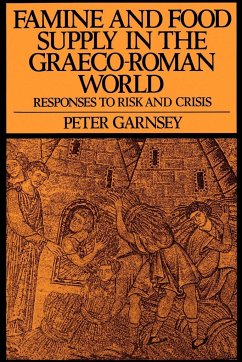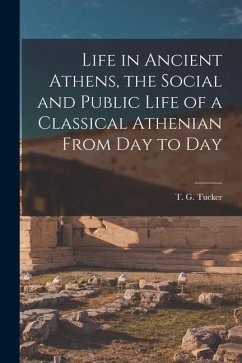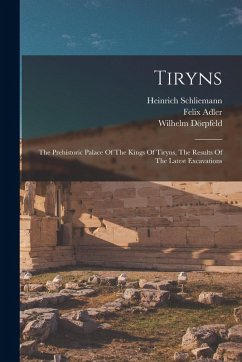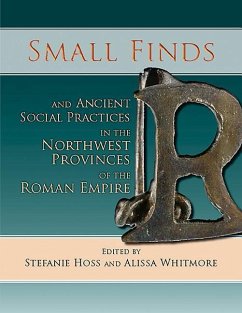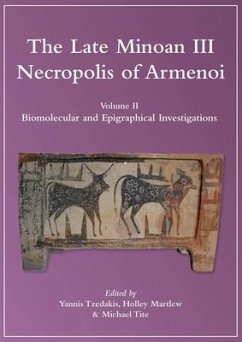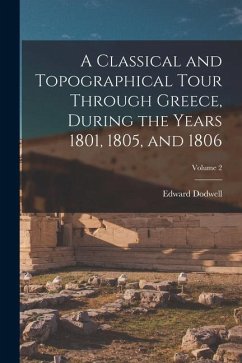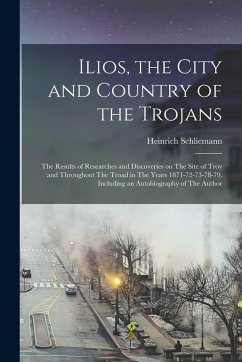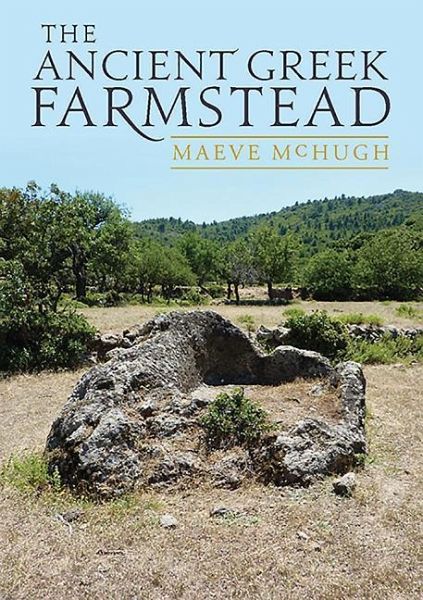
The Ancient Greek Farmstead
Versandkostenfrei!
Versandfertig in über 4 Wochen
50,99 €
inkl. MwSt.
Weitere Ausgaben:

PAYBACK Punkte
25 °P sammeln!
The interpretation of archaeological remains as farmsteads has met with much debate in scholarship regarding their role, identification, and even their existence. Despite the difficult nature of scholarship surrounding farmsteads, this site type is repeatedly used to describe small sites in the countryside which have varying evidence of domestic, storage, and agricultural activity. The aim of this book is to engage with the archaeological and textual data for farmsteads dating to the Classical¿Hellenistic period of mainland Greece, with the purpose of understanding how these sites fulfilled a...
The interpretation of archaeological remains as farmsteads has met with much debate in scholarship regarding their role, identification, and even their existence. Despite the difficult nature of scholarship surrounding farmsteads, this site type is repeatedly used to describe small sites in the countryside which have varying evidence of domestic, storage, and agricultural activity. The aim of this book is to engage with the archaeological and textual data for farmsteads dating to the Classical¿Hellenistic period of mainland Greece, with the purpose of understanding how these sites fulfilled agricultural roles as centres for occupation, storage, and processing for those working the land. The conclusions reached here stress the connected nature of the agricultural landscape, and demonstrate how farmsteads played a fundamental role in ancient Greek agriculture.




